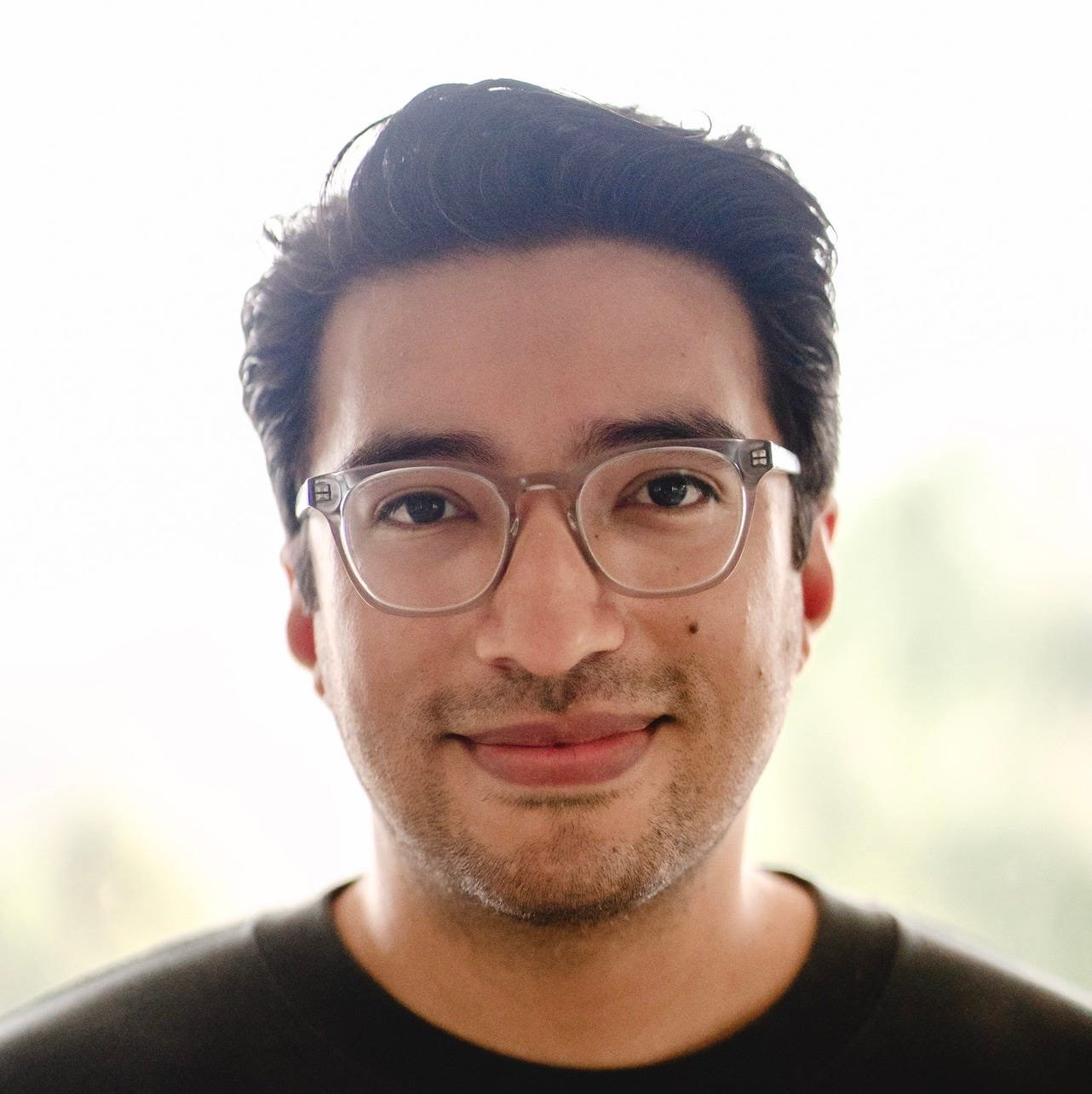Move at Your Own Pace
I had the pleasure of interviewing Diego Perez—best-selling author and spiritual teacher who writes under the pen name yung pueblo—for Spirituality & Health magazine. Although he’s only in his mid-30s, speaking with Diego over Zoom felt remarkably calming and grounding, as if I was in the presence of a strong ancient tree with deep, wide-spreading roots. The insights he shared felt true and profound. Now I subscribe to his Substack newsletter, and am always happy when his wisdom arrives in my inbox.
Diego’s healing journey began twelve years ago, when he hit rock bottom at 23—a night when he was lying immobile on the floor, convinced he was dying after a bout of excessive drug and alcohol use. In our interview, Diego told me, “Running away from myself had led me to the worst point in my life, so I intuitively understood that I needed to figure out how to stay present with all my feelings.”
Diego devoted a whole year to simply getting comfortable with his discomfort. He explained, “I would literally sit on my bed for hours, just feeling what it felt like to crave, to feel anxiety, to feel sadness, whatever was popping up.” During that year, Diego discovered that trying to escape from himself “took up so much more energy than mustering the courage to embrace solitude and stillness.”
Now Diego meditates for a full hour every morning and evening. He also regularly attends extended Vipassana meditation retreats. Soon after his most recent 45-day retreat where he meditated for eleven hours a day with no phone or internet access, Diego shared the following words about the transformation he’s observed within himself after twelve years of a devoted meditation practice:
“I am not perfect in any way, I have much to learn, but I now know what calmness feels like and patience is becoming my friend. My mind has a new peace and clarity that once seemed impossible. I still have ups and downs, but the understanding of impermanence that I have developed through the practice helps me manage the challenges of life better than before. The thing I feel the most today is simply gratitude that inner change is possible, and that freedom is a matter of taking one small step after another.”
This week, I want to share some of Diego’s wisdom that I excerpted from his post, “On Slow Movement.” His insights are beautifully articulated and relevant to many of the subjects I’ve been writing about recently—learning to accept impermanence, going with the flow, slowing down, and becoming aware of all that we sacrifice when we aim for perfection and buy into conventional definitions of success.
Excerpted from Diego’s March 31, 2024 newsletter, “On Slow Movement—In a society based on speed and productivity, moving slowly is a radical act,” which he writes under the pen name yung pueblo.
“One of the most toxic ideas that grips our minds is perfection. We expect it, we crave it, we wish to see it in our lives and relationships, but reality and the idea of perfection are in a constant state of friction. Reality is ever-changing. It is transformation combined with unpredictability. Perfection is the opposite. It is an attempt to control and keep things within the boundaries of a certain mental image. Reality is a flowing river. Perfection is a static painting…
“We do not need to rush to be productive. Practicing slow movement will not only decrease inner turmoil; it can also make us more effective…To boldly move at our own pace and remove ourselves from any self-imposed competition can be a profound paradigm shift…
“In a society based on speed and productivity, moving slowly is a radical act. We get so caught up in moving at a fast pace because of a fear of falling behind…Our human habit has an attachment to hierarchy and the desire not to be at the bottom of it. The perception of hierarchy is something that we even impose on growth, healing, and wisdom as we measure ourselves against others to see “who is better” or “who is ahead…”
“There is nothing wrong with having goals and accomplishing great things, but…is it really a win if all the way through you suffered under all this self-imposed mental tension? Working and creating without attachment, making things for your own good and the good of others, moving without strict time limits, finding the balance between being committed and not causing yourself tension—this is how the brave and wise move through life.”





